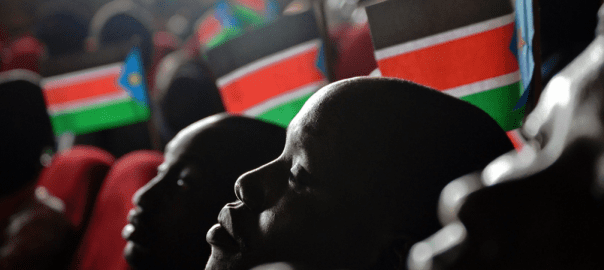June 21, 2023 /Conflict and War/ — The statement that Ukraine is a failed state like Sudan is a false and harmful generalization. It is important to remember that not all countries that are experiencing conflict or instability are failed states. In fact, Ukraine is a sovereign state with a democratically elected government. It has a functioning economy and a strong military. While the ongoing Russian invasion has caused significant damage to Ukraine’s infrastructure and economy, it is not accurate to say that Ukraine is a failed state.
The claim that being black or white makes a difference in whether a country is considered a failed state is also a harmful generalization. There are many factors that contribute to state failure, including poverty, corruption, political instability, and violence. Race is not one of these factors. In fact, there are failed states in both Africa and Europe, and there are successful states in both Africa and Europe.
The idea that being black or white makes a difference in whether a country is considered a failed state is based on racist stereotypes about Africa. These stereotypes portray Africa as a continent of chaos and violence, while Europe is seen as a continent of order and prosperity. These stereotypes are inaccurate and harmful. They contribute to the perception that Africa is a continent that is incapable of governing itself, and they justify the continued exploitation of Africa by Western powers.
It is important to challenge these harmful stereotypes and generalizations. We should judge countries based on their individual merits, not on the color of their skin. We should also avoid using the term “failed state” to describe countries that are experiencing conflict or instability. This term is often used in a pejorative way, and it can contribute to the stigmatization of these countries.
Instead of using the term “failed state,” we should use more accurate and objective terms such as “conflict-affected state” or “state in transition.” These terms do not carry the same negative connotations, and they are more accurate in describing the challenges that these countries are facing.

